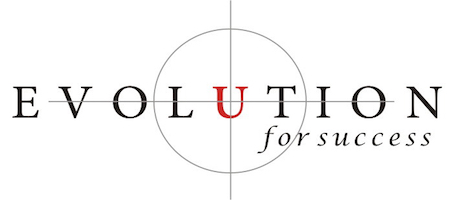The 3 Principles of Wealth
Money is Emotion
If you gave anyone three wishes, one of them would, for most people, be to have financial abundance and certainty to the point where “they would never have to worry about money again.”
If you want to have that level of financial certainty in life…there are only three fundamental financial principles you need to master. Although they are frustratingly simple, they can be a challenge to put into practice.
- First and foremost, it’s critical to understand that money is used to buy an emotional experience. In other words, the reason people are willing to buy something is for the emotional experience it provides them. That principle applies the the frappuccino at Starbucks as much as the laptop you purchased.
- The second law of income is that you will only have as much money as you can successfully manage. It is a fallacy to think that you once you have a certain amount of money, you will never have to worry about money again. The richest and most successful people are distinctly aware of how and where they spend their money. They understand their buying and spending habits, behaviors, and they watch the money come in and go out.
If we have some fun combining number one and two, what I’m saying is that managing your money really comes down to managing your emotional spending habits. Before making a purchase, ask yourself what emotional experience am I trying to extract from it. Is that experience worth its cost? Many times it does, but you might be surprised how many times, it’s not.
- The third law of income states that A-B=C. A is your assets (income you bring in each month) minus your “B,” which is your bills (monthly expenses) which equals your “C,” cash on hand. Interestingly what gives you the feeling of financial safety or certainty is not your total net worth. It’s positive cash flow. Your net worth is not likely to give you a feeling of financial safety is you have a negative cash flow month after month. Your emotions are tied to your cash flow.
If you ask most people who are struggling, which they would rather do, make more money or cut expenses in order to have more money, most will say, “Make more money.” There is a fundamental challenge with this psychology: Your spending habits will always grow in proportion to your income! That is why rock stars, movie stars, and entertainers with millions go broke.
So whether you take in $80 K or $500 K a year, it’s what you clear that brings you that feeling of satisfaction; a feeling of financial safety. If your cash outflow is greater than your cash inflow month after month, you will live with the feeling of scarcity, anxiety or stress. You will continually yearn for more money without ever feeling truly secure.
That’s true no matter how much money you make and whether it’s in your personal life or your business.

